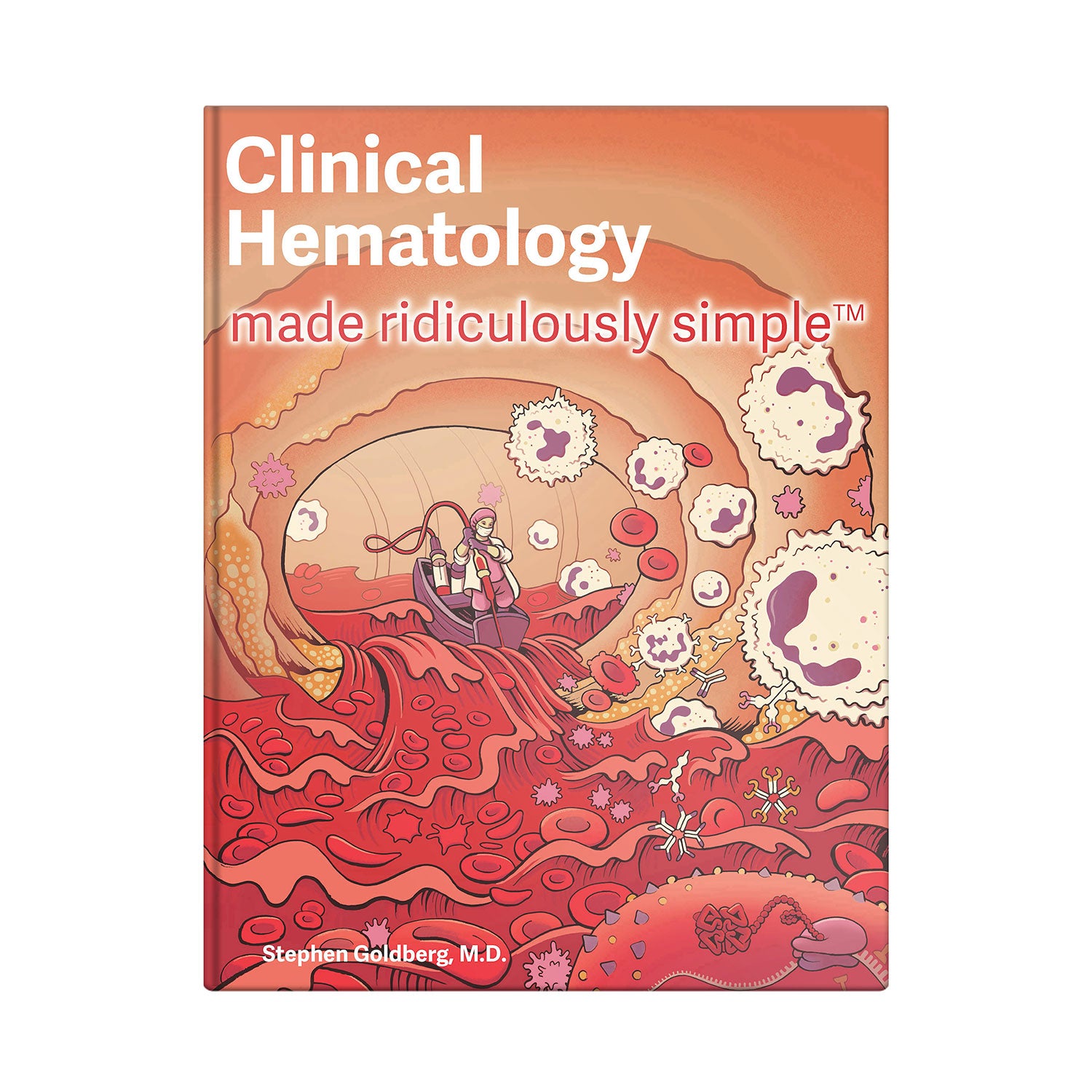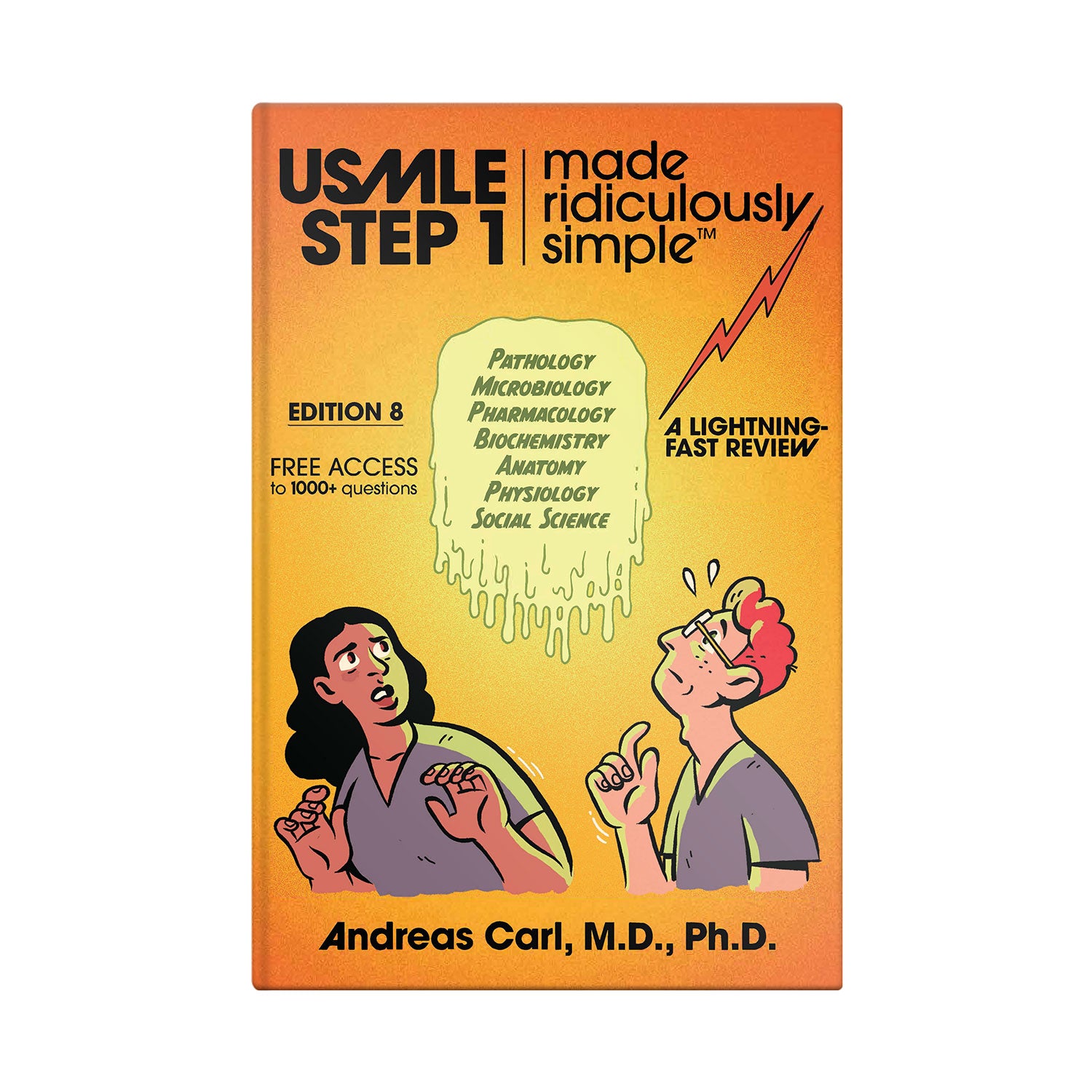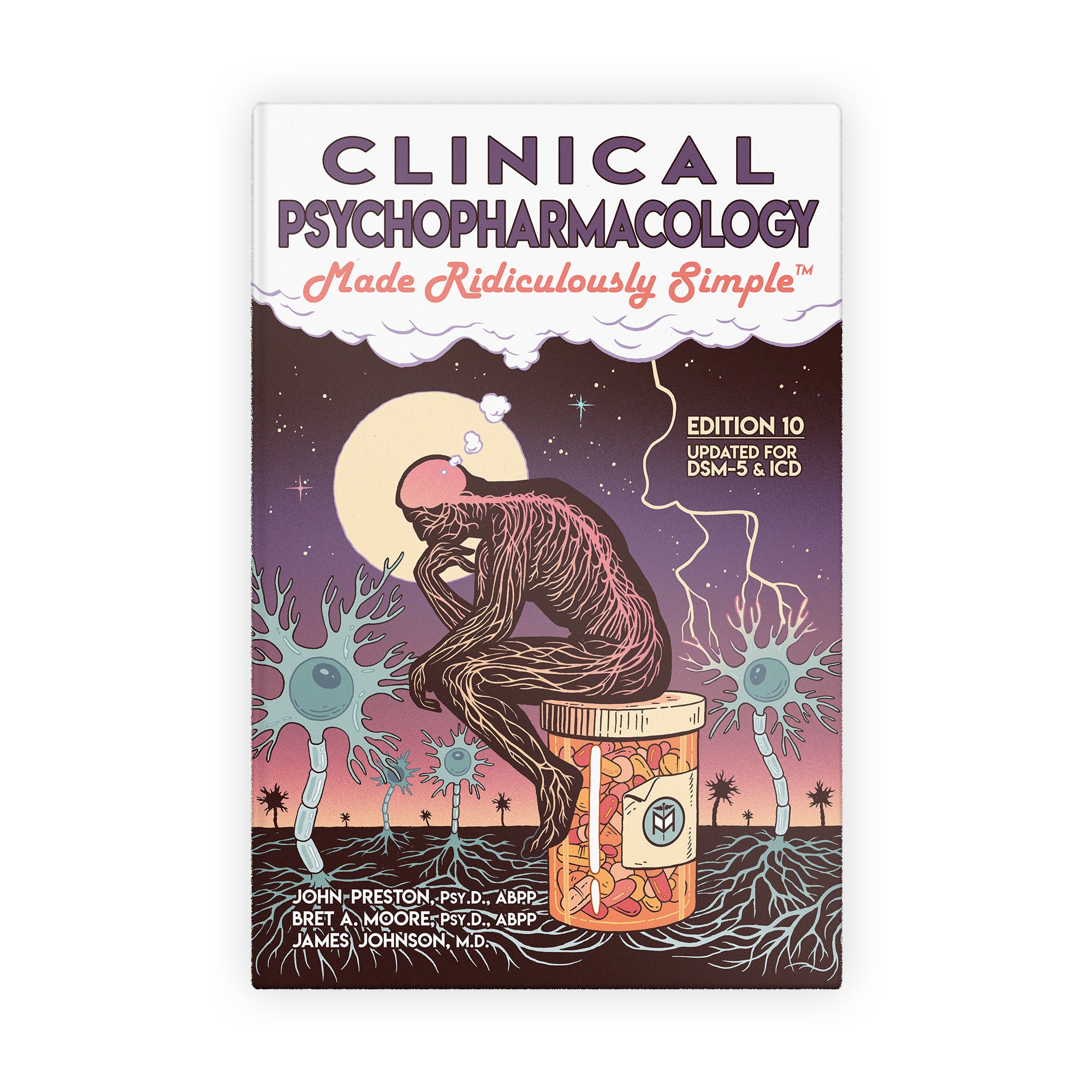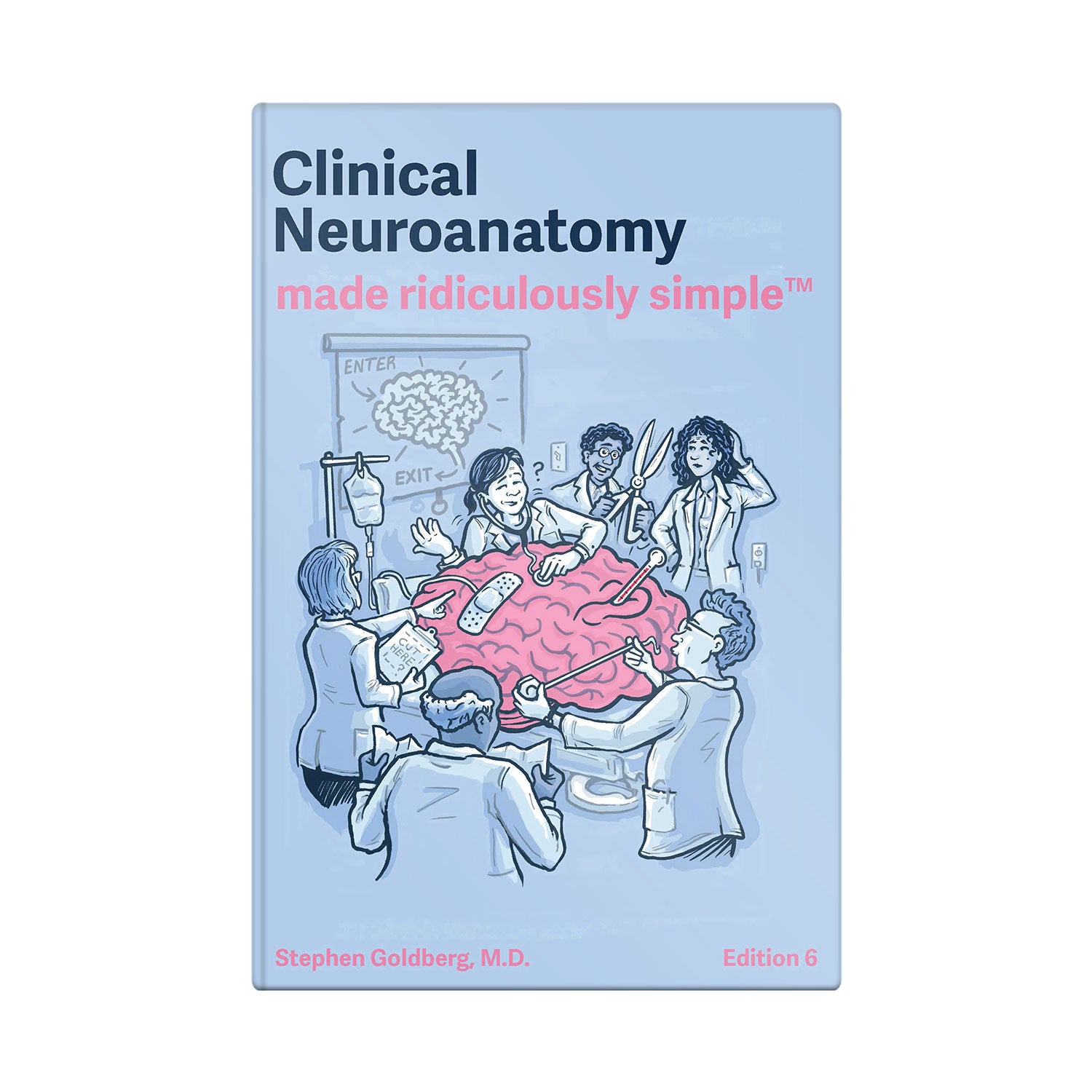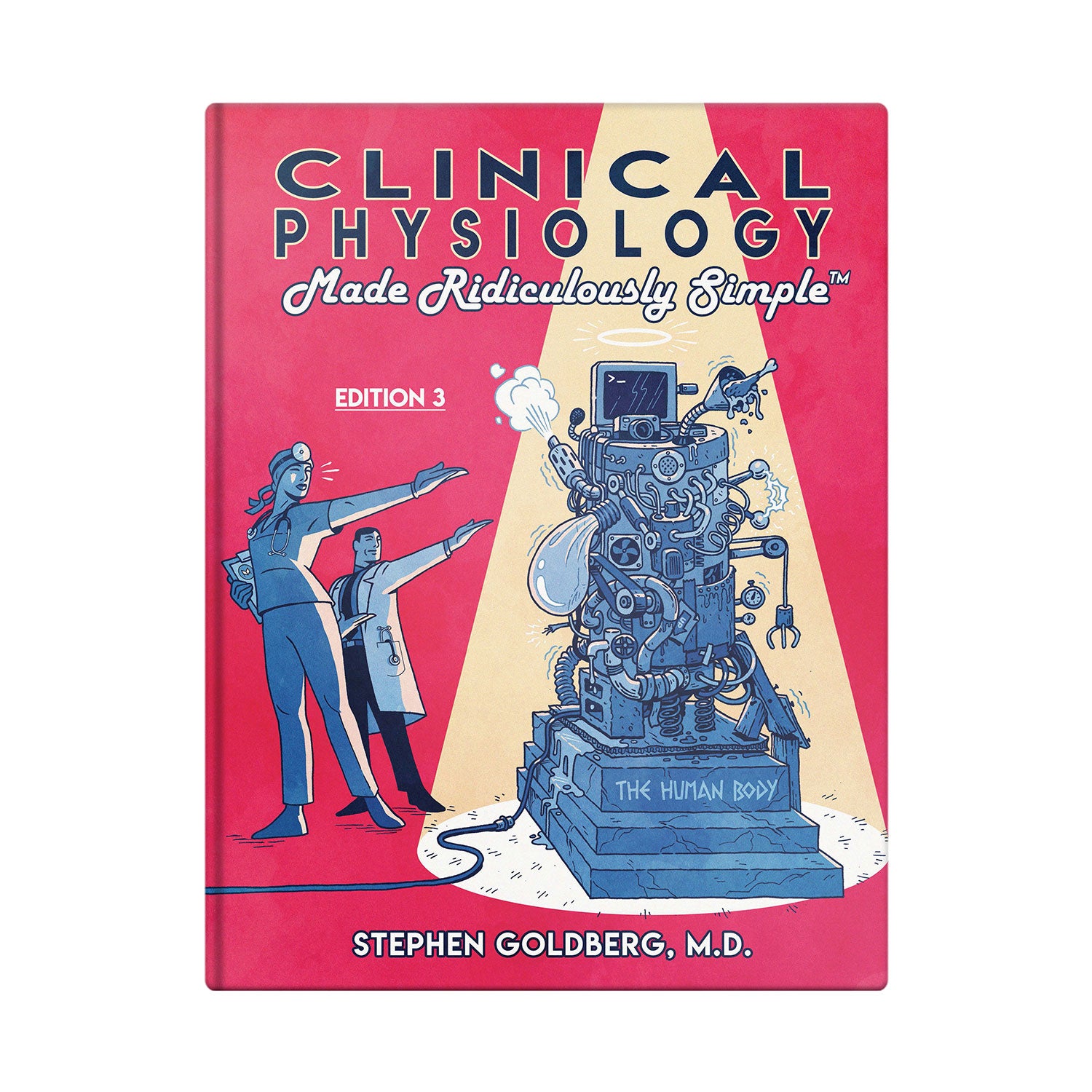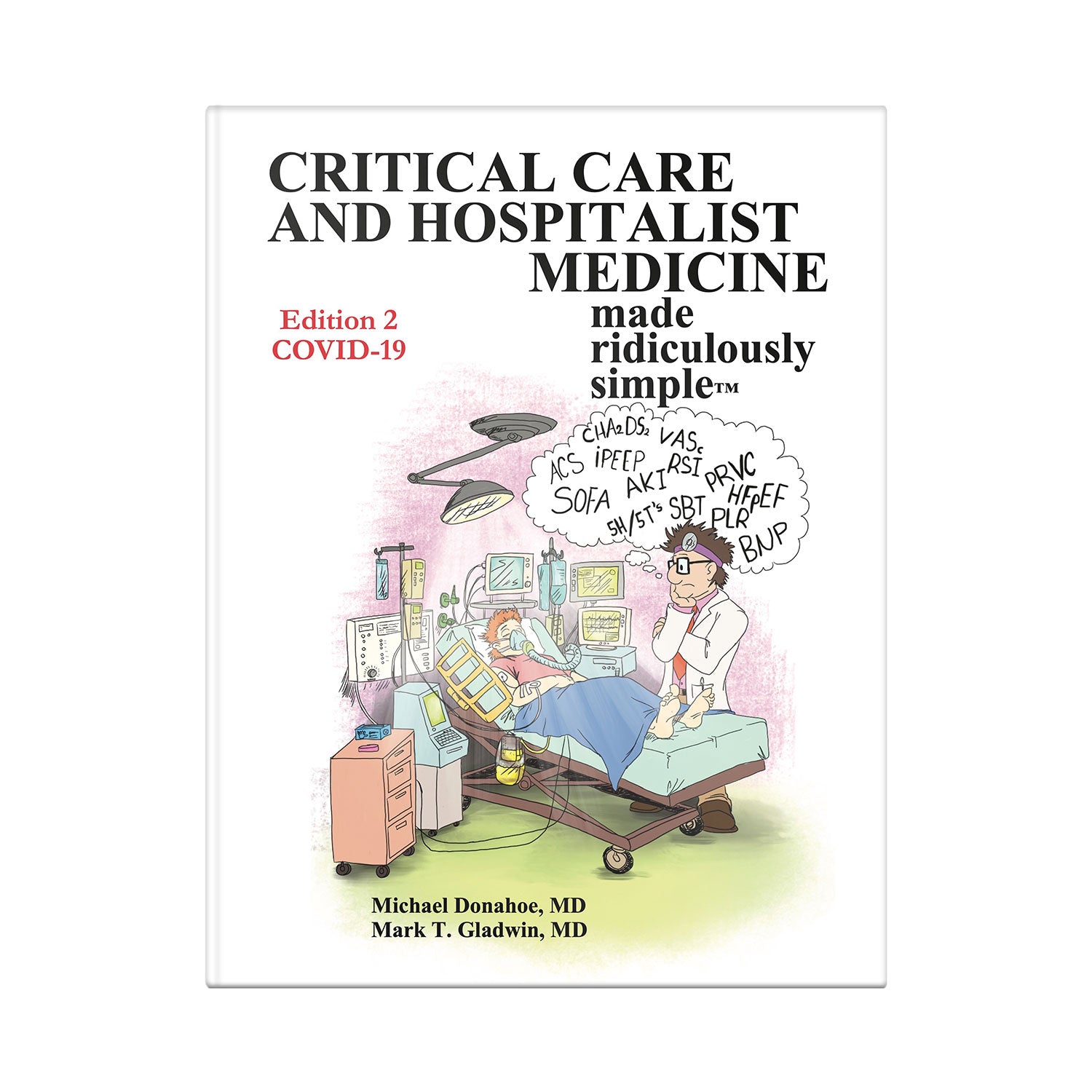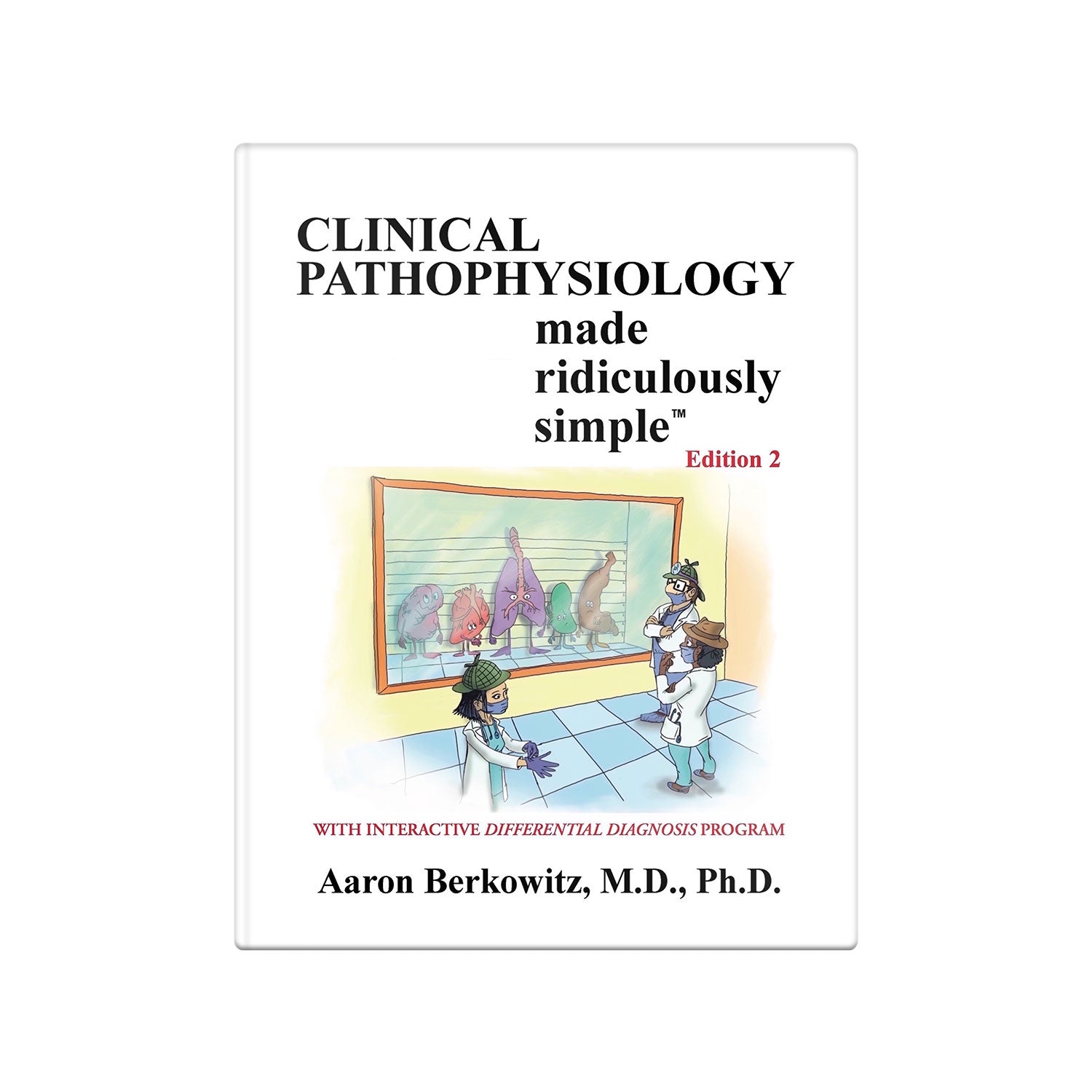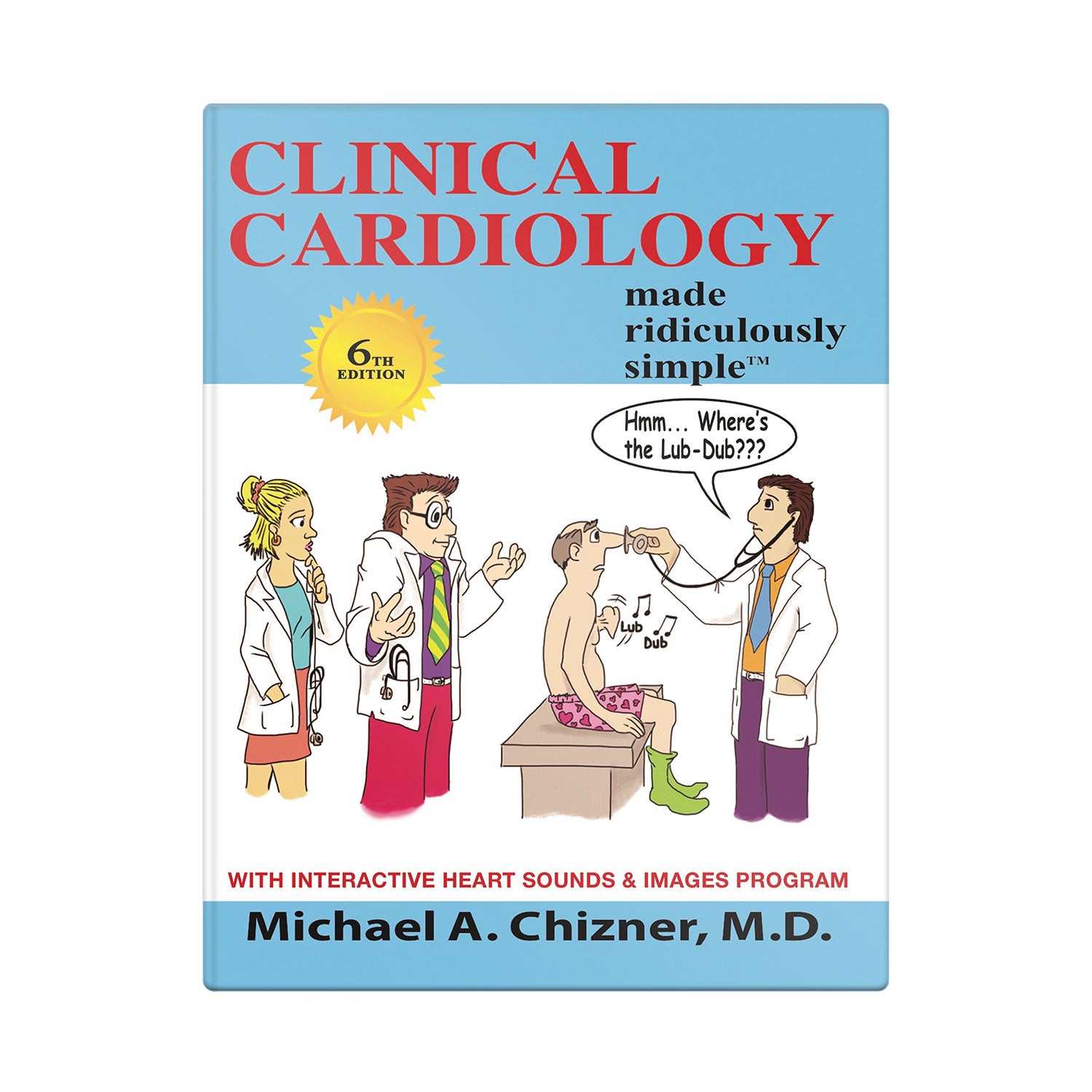
eBooks Versus Print Books: Pros and Cons
When I was a medical student, the saying was that the highest grade would go to the student who could write the fastest, in view of the need to write down the lecture notes.
In addition to classical print books, there now is the growing option of reading eBooks, whether on reading devices (e.g. Kindle, iPad, Nook, Android), on the Internet (e.g. Google Books), or as downloads from the Internet to your computer.
"It's the most complete book for the Medical Boards. Unfortunately, no one can carry it out of the store."
As I see it, the pros and cons of eBooks versus print books in medical education are:
Pros:
- eBooks avoid the space limitations of print books. In small living quarters, it is space-saving to have books in electronic form.
- It is easier to carry books in electronic format than heavy print books.
- eBooks are generally less expensive than print books.
- Ebooks have the potential for interactivity, including searching and hyperlinking to other sources of information, as well as audio and video enhancements.
- Ebooks can be updated more frequently than print books.
Cons:
- While there are provisions in some eBook reading devices and applications to underline, take notes, bookmark, and jump to different areas of the book, some people may find it less awkward to do this in an actual print book.
- If books are read via the Internet, the ability to read would depend on whether or not there is an Internet connection at the time. This problem does not exist in a printed book or when reading eBooks that are already downloaded to a reading device or eReader application on one’s computer.
- Hand-held pocket sized devices may be convenient to carry around, but their small screens make them impractical for certain kinds of books, particularly those that have many illustrations and charts.
- Many medical texts are in color. This would render it impractical to read them on a device that uses electronic ink, such a black and white Kindle.
- It can be fatiguing reading a screen for extended periods.
- If the eReader device only allows reading one book at a time, this may be problematical for those who want to study from more than one book simultaneously.
When I was a medical student, the saying was that the highest grade would go to the student who could write the fastest, in view of the need to write down the lecture notes. Today, students can take classroom notes on a computer. A standard computer keyboard allows more rapid typing than on other devices, such as an iPad or hand-held device. While one can purchase a wireless keyboard to type on an iPad, this is an extra device to carry around.
What is your preference – eBook or print book? Do the needs of medical students differ from those of other readers? What is your opinion about the future use of eBooks versus print books in medical education?
The Goldberg Files
The Goldberg Files is based on the struggles of Dr. Goldberg as well as those of his many students which he observed while teaching medical school for 25 years. This extensive blog is dedicated to assisting students in dealing with the stresses of medical education. Want to learn more?



